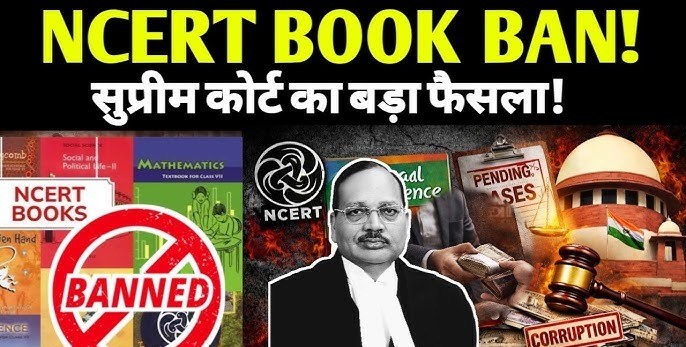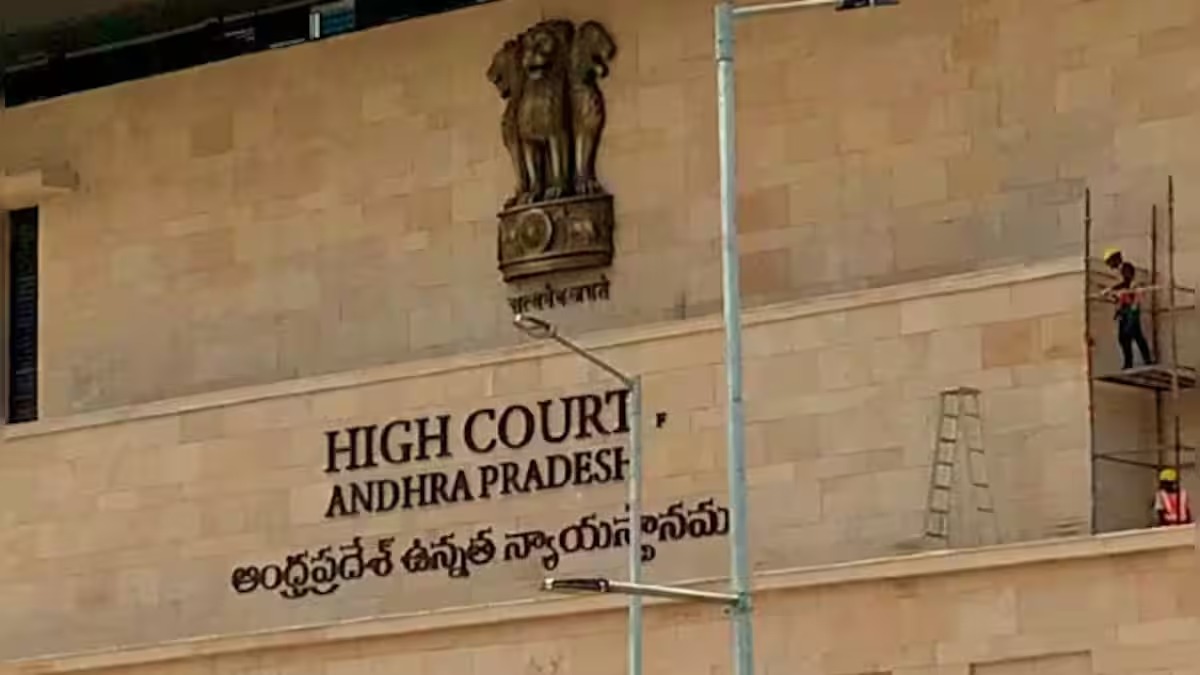@JUDGMENTTAG-ORDER
B.M. Lal, J.@mdashThe order passed in this Criminal Revision No. 281 of 1990 shall also dispose of Misc. Criminal Case No. 2265 of 1990 (Arun Kumar Jain v. Amarchand Jain).
2. The applicant Amarchand filed a complaint in the Court of Judicial Magistrate, First Class, Khandwa for taking appropriate action against the non-applicants Arun Kumar and others for an offence punishable u/s 494 read with Section 109 of the Penal Code.
3. The learned trial Magistrate, having found prima facie case against the non-applicant Arun Kumar framed charge u/s 494, IPC and against the other remaining non-applicants Surajmalji Jain, Pushpa Bai, Sadanand and Smt. Najuk Bai u/s 494/409, IPC.
4. It appears that Amarchand moved a transfer petition before the Apex Court. While rejecting the transfer petition, the Apex Court directed that if the complainant desires to examine some additional witnesses, an opportunity be given to him to examine these witnesses. The complainant, was, however, directed to file necessary application before the trial Magistrate for this purpose. Accordingly, the complianant submitted a list of witnesses before the trial Court and examined three witnesses. But, later on, it appears that he filed another list of witnesses presumably for proving certain documents for which the statements of these witnesses are also necessary and for that purpose he cited the names of Smt. Nirmala Sninde, Harish Nasand, Swarup Chand Jain, besides himself.
5. By order dt. 8-8-1988, the learned trial Magistrate allowed the application and permitted the applicant to examine the above mentioned witnesses. As a prelude to this order, the non-applicants Arun Kumar and others preferred a revision against the order dt. 8-8-1988 and the learned First Addl. Sessions Judge, Khandwa by the impugned order dt. 3-2-1990 set aside the order of the learned Magistrate First Class dt. 8-8-1988, against which this revision has been filed.
6. Shri P.P. Naolekar, learned counsel appearing for the applicant, contended that the application made by the applicant before the learned trial Magistrate for examining the witnesses was in consonance with the order of the Apex Court and the learned Additional Sessions Judge has completely over-looked the directions of the Apex Court issued in the Transfer Petition (Criminal) No. 1/84 on April 12, 1984.
7. On the other hand, Shri H.S. Dubey, learned counsel appearing for the non-applicants Arun Kumar and others submitted that the directions issued by the Apex Court has been over-stretched and misconstrued by the learned trial Magistrate and therefore the learned Additional Sessions Judge was right in setting aside that order. In support of his contention, Shri Dubey invited attention of this Court to Sub-section (2) of Section 204, Cr. P.C. and submitted that the complainant is required to file a list of witnesses along with the complaint and the same has to be supplied to the accused persons while issuing process against them and once such a list of witnesses is submitted by the complainant beyond that no further list of witnesses could be entertained.
8. No doubt, the provisions of Sub-section (2) of Section 204, Cr. P.C. are emphatic, the object being that no surprise could be given to the accused by the statements of such witnesses who are not known to the accused and, therefore, the submission made by Shri Dubey has no two opinion. However, the provisions of Section 311, Cr. P.C. cannot be lost sight of, which gives a right under the extraordinary circumstances to the party concerned that after taking leave of the Court, the witnesses may be recalled, reexamined or examined other material witnesses if their evidence appears to be essential to the just, decision of the case. Under these circumstances, the Apex Court directed the applicant to furnish a list of witnesses, apart from the list already submitted by the applicant within the meaning of Sub-section (2) of Section 204, Cr. P.C. and as such there is no ambiguity and the trial Court has rightly appreciated the order of the Apex Court and allowed the applicant to examine the witnesses as per the list subsequently furnished by the applicant.
9. This is not all. The grievance of Shri Dubey is that the complainant could be permitted to file list of witnesses only once. But in that garb of Apex Court''s order, the complainant is submitting continuously list of witnesses bond this is not the import of the Apex Court''s order. True it is. In the garb of Apex Court''s order, the complainant cannot be permitted to submit list of witnesses continuously. However, in the instant case, only to prove certain documents the complainant has submitted a second list of witnesses and it is not that the complainant is filing repeatedly one list after another and the same was being entertained by the trial Magistrate. Therefore, the submission of Shri Dubey that repeatedly list of witnesses has been furnished by the complainant has no force.
10. Shri P.P. Naolekar, counsel for the applicant/complainant refuted the submission of Shri Dubey and contended that the list of witnesses was submitted in pursuance of the order of the Apex Court and to examine certain documentary evidence a list of few witnesses was also submitted, as it was felt that they are necessary to prove the documents and therefore, by invoking the principles ,as envisaged in Section 311, Cr. P.C. a second list was submitted; the trial Court having considered the said list directed the complainant to examine them and under the circumstances, the revisional Court ought not to have made any interference.
11. It is to be borne in mind that examination of witnesses does not depend upon the wishes of the parties, but it is for eliciting material facts having a bearing on the case. Therefore, the submission of the learned counsel for the non-applicants has no force it is rejected and (Consequently the order dt. 3-2-1990 passed by the learned Additional Sessions Judge, Khandwa is set aside thereby maintaining the order passed by the Magistrate First Class, Khandwa on 8-8-1988:
12. Now, dealing with Misc. Criminal Case No. 2265 of 1990, Shri Dubey, learned counsel appearing for Arun Kumar, and others, contended that the present proceedings against the applicants are pending since last more than 12 years, as the complaint was filed by Amarchand on 4-8-1978 and since then the proceedings are pending thereby resulting in the abuse of the process of the Court and hence the proceedings deserve to be quashed.
13. No doubt, speedy trial is a fundamental right implicit in the guarantee of life and personal liberty enshrined in Article 21 of the Constitution and a fair trial implies a speedy trial. However, to ascertain as to whether the delay has been caused on account of laches on the part of the party concerned who is found to be protracting the trial by numerous means in that circumstance certainly the Court should not lag behind in exercising the inherent powers in quashing the proceedings. In the instant case, Shri Dubey has pointed out that the complainant twice or thrice went up in revision before the High Court and also in the Apex Court and in this way the proceedings are lingering on.
14. An unfavourable order gives statutory right to a party to challenge it in appeal or revision, as the case may be, and by adopting that process, if time is exhausted, the same cannot be construed as a dialetory tactics against that party, meaning thereby that the proceedings are being protracted by that party in order to harass the other party and by invoking the provisions of Section 482, Cr. P.C. the same cannot be quashed. Therefore the ground urged by Shri Dubey that more than 12 years have elapsed since institution of the complaint and the complainant, by going up in revisions to the High Court and to the Apex Court is delaying the proceedings cannot be accepted. Only proceedings could be quashed in cases where the trial in totality brings about a situation which is an abuse of the process of the Court for where interference of the High Court is absolutely necessary for securing the ends of justice, then nothing contained in the other provisions of the Code/can limit or affect the exercise of inherent power u/s 482. In the instant case, nothing of this sort has been brought to the notice of this Court. The words used in Section 482 are "to prevent abuse of process of any Court", which means that process is a general word meaning in effect, nothing done by the Court and therefore abuse of process could be committed by starting a proceeding which is wanting in bona fide and is perverse, vexatious or oppressive. In this regard nothing has been brought on record to suggest that the proceedings launched against the accused persons for the offences punishable u/s 494/ 109, IPC is perverse, vexatious or oppressive, except that the complainant went up in revision before the High Court twice or thrice and to the Apex Court. Therefore, it is difficult to accept the contention of Shri Dubey that the proceedings have resulted in abuse of the process of the Court. Unless this Court reaches the conclusion that the proceedings started in the subordinate Court is being abused, till then the power u/s 482, Cr. P.C. cannot be exercised in quashing the proceedings. This being the test, in the opinion of this Court, the complainant is certainly not guilty of protracting the trial thereby extending any right to the accused/applicants for getting the proceedings quashed. However, 12 years have elapsed which is very long time for a petty matter. Therefore, now it is expected of the trial Judge to proceed with the case expeditiously and if required to proceed with the case de die in diem and decide it within three months from today.
15. In the result Criminal Revision No. 281/90 is allowed and the order of the learned Additional Sessions Judge dt. 3-2-1990 is set aside and that of the trial Magistrate dt. 8-8-1988 is restored. The connected Misc. Criminal Case No. 2269/90 is disposed of with the above observations.

